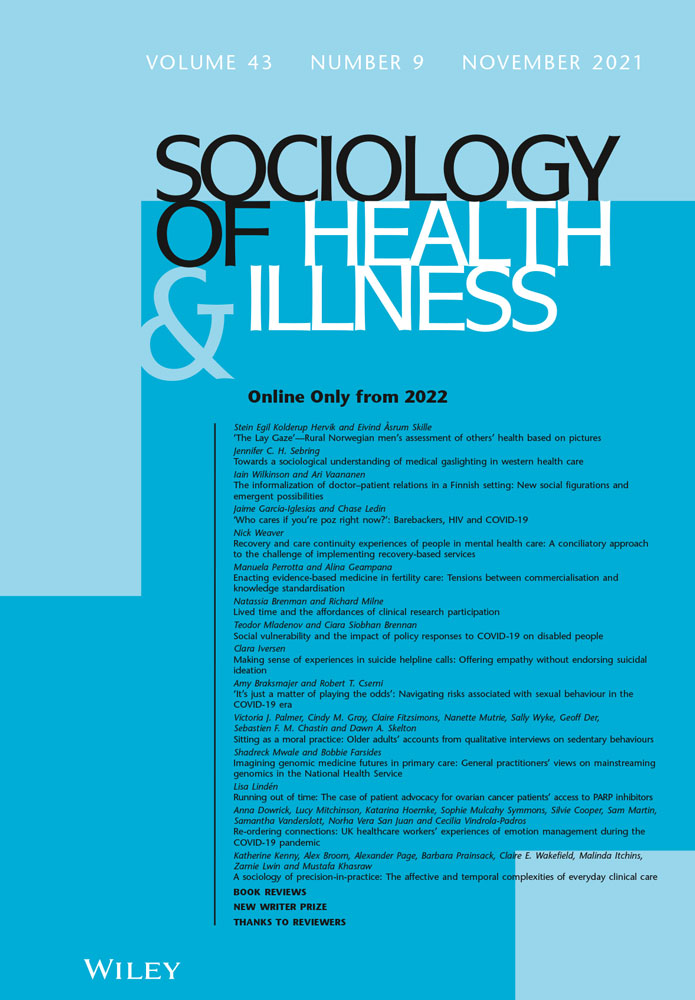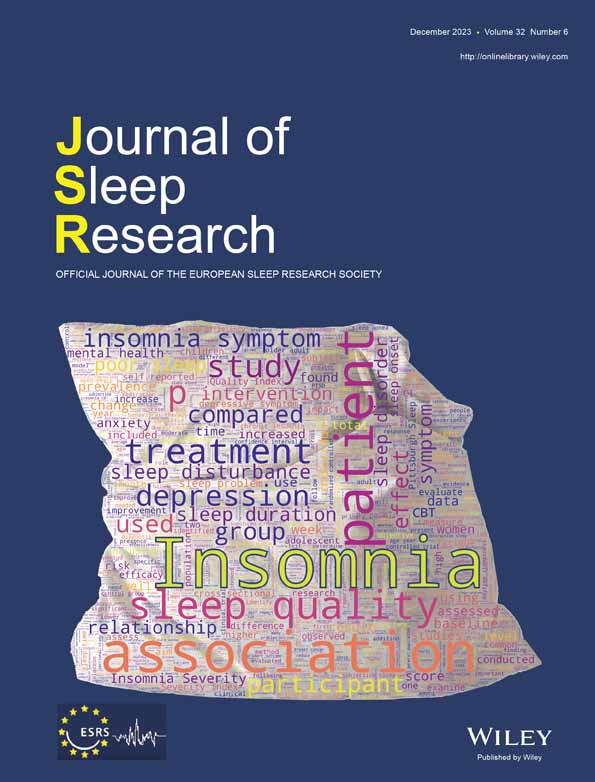
A new article entitled “Lived time and the affordances of clinical research participation” has recently been published in the journal Sociology of Health & Illness. In this article, authors address the problem of participation and the dominant focus on motivations in clinical research. They explore participation as a relational mode of ‘being in time’ in Alzheimer’s dementia prevention—a field profoundly shaped by changing bodies through time, as well as promissory trends towards future-oriented preventative medicine.
The authors conducted interviews with participants in the EPAD study cohort as part of a sub-study known as SPEAR: the ‘Study of participant Experience in Alzheimer’s disease Research’. The SPEAR sub-study aimed to better understand participation in Alzheimer’s disease research, in order to improve study experience, informing future approaches to recruitment and retention and provide evidence for the assessment of ethical questions related to study participation. This was a mixed-methods study that included a survey as well as six months ethnographic fieldwork in four research facilities across the UK.
Analysis of interviews with older adults in the clinical trial platform demonstrated that what research ‘does’ or might (not) ‘do’ for participants emerges as temporalities of participants’ everyday lives become entangled with the possibilities, constraints and demands of biomedical ‘research time’. As well as consistent desires to help (future) others, authors identified incidental possibilities for care that emerged from continued research participation.
Congratulations to the authors Natassia Brenman and Richard Milne! You can read the paper here.







